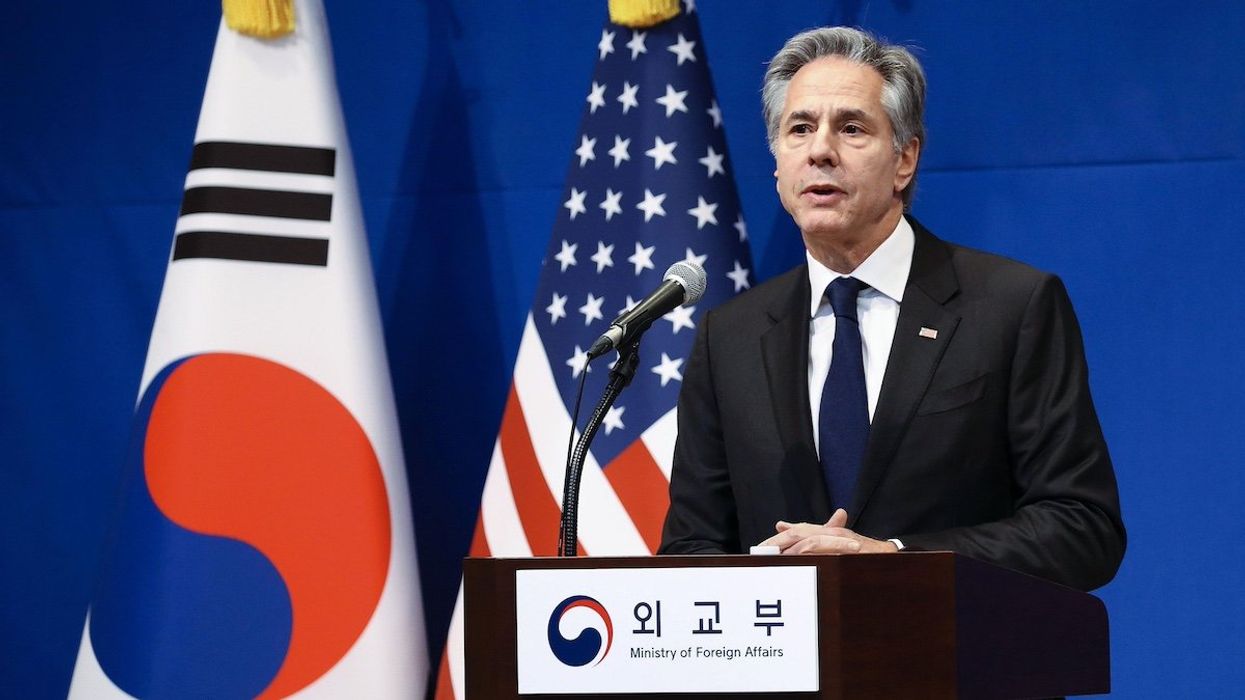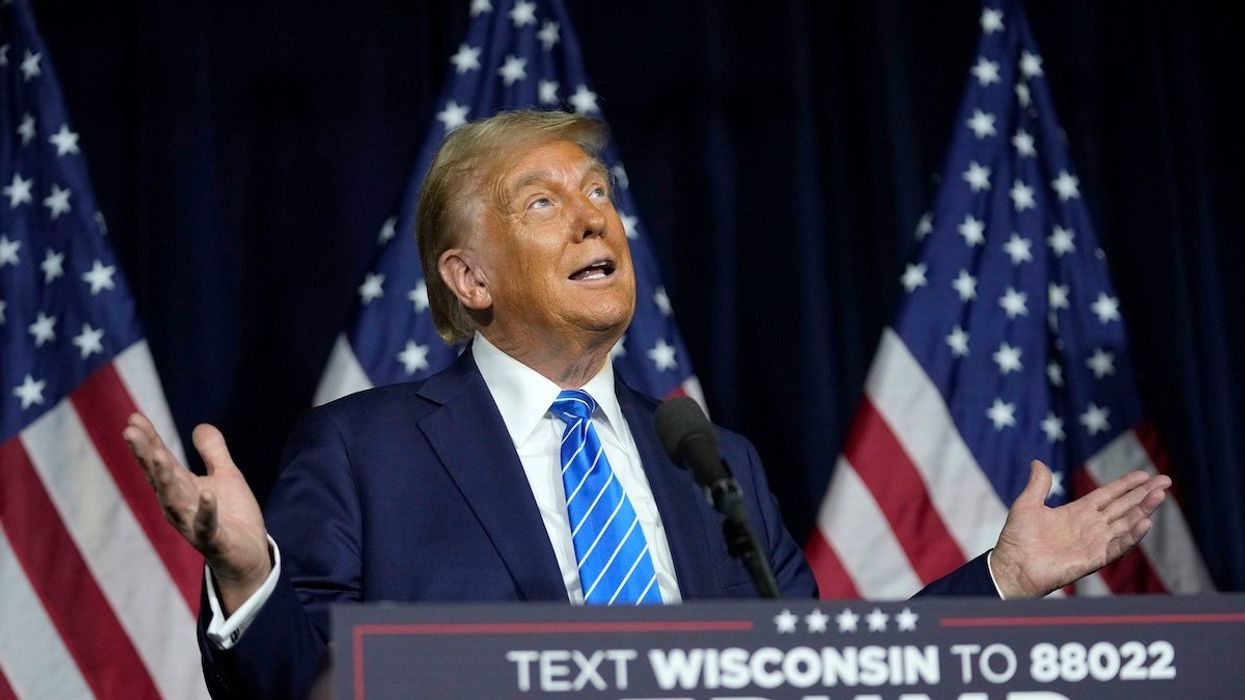What We're Watching
South Korean authorities get extension to Yoon arrest warrant
South Korean anti-corruption authorities reached a deal with police to extend their warrant against impeached President Yoon Suk Yeol on Monday after failing to arrest him on Friday.
Jan 06, 2025


